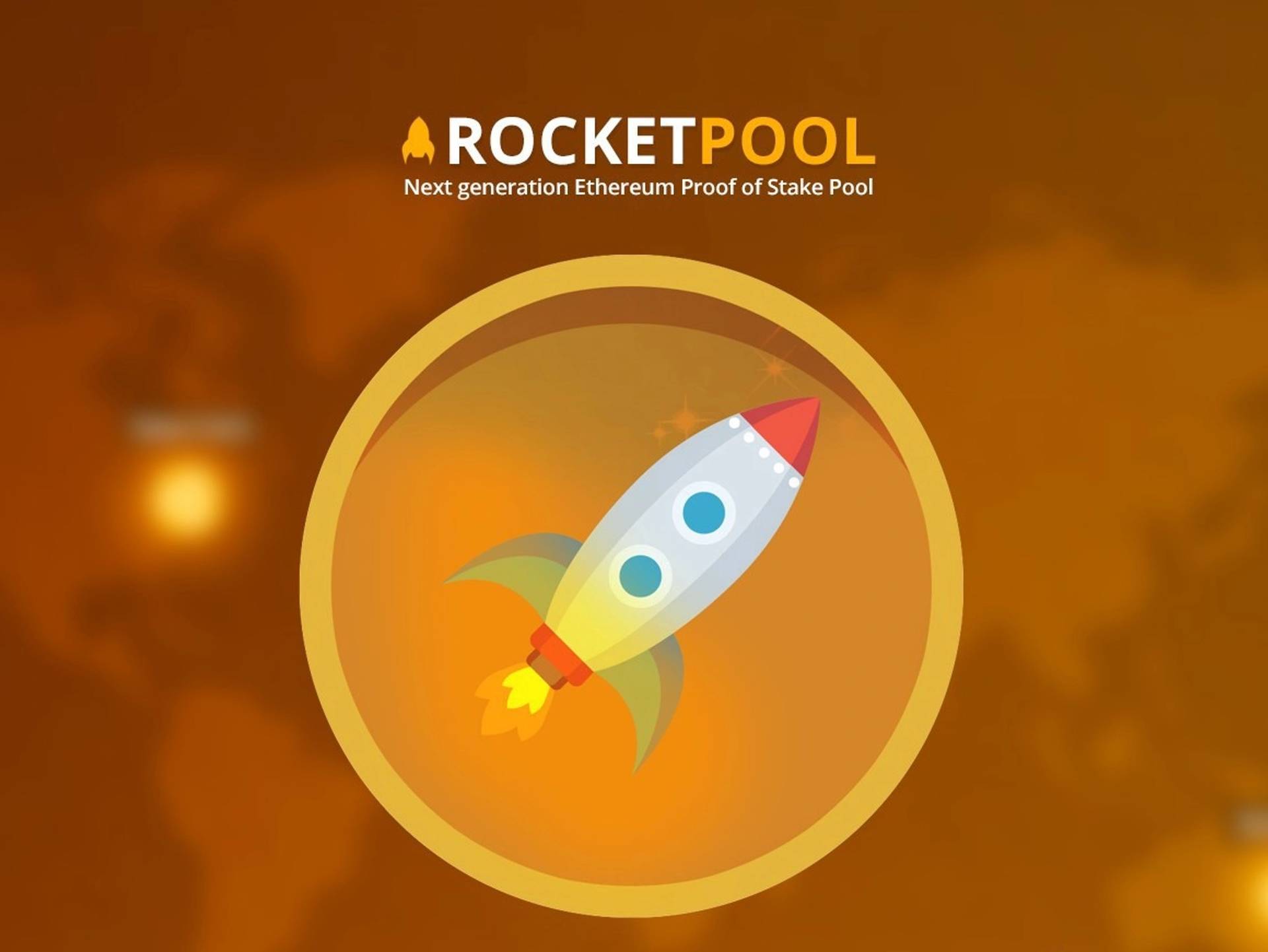위키 구독하기
Share wiki
Bookmark
Rocket Pool
0%
Rocket Pool
Rocket Pool은 분산형 이더리움 스테이킹 플랫폼입니다.[1][4][5] 2022년 10월 현재, 이 프로토콜은 292,736개 이상의 이더를 스테이킹하고 있으며 약 1,659명의 노드 운영자와 6억 5,011만 달러의 총 예치 자산(TVL)을 보유하고 있습니다.[8][9]
개요
Rocket Pool은 이더리움 스테이킹과 노드 운영이라는 두 가지 이더리움 스테이킹 방법을 제공합니다. 노드 운영에는 최소 16 ETH가 필요하며, 이는 노드를 단독으로 운영하는 데 필요한 양의 절반입니다. 스테이킹에는 최소 0.01 ETH만 필요합니다.[8] Rocket Pool의 스마트 계약은 Sigma Prime, Consensys Diligence, Trail of Bits 및 Immunefi Bug Bounty에서 감사를 받았습니다.[21]
스테이킹 + 노드 운영
이더리움 보유자는 Rocket Pool을 사용하여 이더리움을 스테이킹하고 노드를 운영할 수 있습니다. 스테이커는 스테이킹으로 인한 ETH 보상과 RPL 담보 제공에 대한 변동 RPL 토큰 보상을 모두 받습니다. 이 솔루션은 허가 없이 사용할 수 있으며 스테이커는 이더리움 단독 스테이킹에 필요한 최소 금액의 절반인 16 이더리움을 스테이킹하여 노드를 운영할 수 있습니다.[20]
스테이킹
Rocket Pool을 사용하면 이더리움 보유자는 0.01 ETH만큼 적은 금액으로 스테이킹할 수도 있습니다. 이더리움 보유자는 0.01 ETH만큼 적은 금액을 예치하고 rETH 유동성 스테이킹 토큰을 받을 수 있습니다. rETH는 시간이 지남에 따라 스테이킹 보상을 누적합니다. 이 솔루션은 노드 운영자의 분산형 네트워크가 rETH 보유자를 위해 보상을 획득하므로 분산화되어 있습니다. 또한 노드 운영자가 자금을 처리하지 않으므로 비수탁형 솔루션입니다. 노드 운영자가 부담하는 모든 페널티는 rETH 보유자가 아닌 해당 운영자의 수익에서 차감됩니다.[20]
RPL 토큰
RPL은 총 공급량이 18,000,000개인 Rocket Pool의 기본 토큰입니다. 이 토큰은 시스템이 신뢰할 수 없고 분산되어 있으며 커뮤니티가 시스템 작동 방식을 관리할 수 있도록 보장합니다. 보험의 한 형태로 RPL을 Rocket Pool 노드에 스테이킹할 수도 있습니다.
운영자는 RPL을 스테이킹하므로 동일한 토큰에 대한 추가 보상도 받습니다. 이는 관리되는 인플레이션에 의해 생성됩니다. 운영자는 스테이킹된 ETH 가치의 최대 150%까지 스테이킹할 수 있습니다. 새로운 RPL 토큰은 28일마다 발행됩니다. 이 기간을
잘못된 내용이 있나요?
